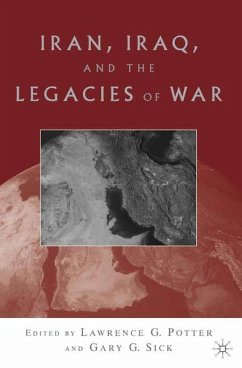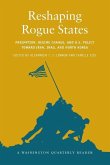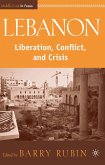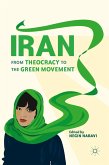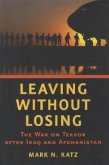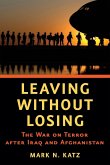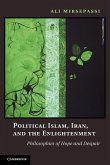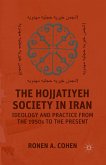The importance of the Persian Gulf is readily apparent, and Iraq and Iran are the two most important states in the region, given their population size, military strength and potential threat to other states in the region and the United States. These two countries fought a prolonged and devastating war between 1980 and 1988, with the loss of over a million people, the use of missiles, and even the use of chemical weapons. While today Iraq is weakened and Iran is struggling, they will remain central actors in the area. This collection provides crucial insight into the background to the war of the 1980s, covering both the history and the issues, and the legacies of that war. The authors cover such central issues as how each side has sought to use opposition groups in the other state to weaken it, ethnic divisions, the role of outside states (especially the United States) and a fascinating account of how the war affected a generation of Iraqis and Iranians. This book thus provides a basis for understanding the background of a tumultuous relationship that is entering a new era.
Iraq and Iran are the two most important states in the Gulf region, given their population size, military strength, and the potential threat they pose to other states in the region. This book enhances our understanding of the troubled relationship between Iran and Iraq, placing it in historical context, examining the rapid deterioration leading to the eight-year war that started in 1980 and the effects of that trauma, and exploring the ongoing issues that currently bedevil bilateral relations. The authors cover such central issues as how each side has sought to use opposition groups in the other state to weaken it, ethnic divisions, the role of outside states (especially the United States), and a fascinating account of how the war affected a generation of Iraqis and Iranians. The role of the U.S. in the region and how U.S. policy has affected the two states are also considered. This book provides a basis for understanding the background of a tumultuous relationship that is entering a new era.
Iraq and Iran are the two most important states in the Gulf region, given their population size, military strength, and the potential threat they pose to other states in the region. This book enhances our understanding of the troubled relationship between Iran and Iraq, placing it in historical context, examining the rapid deterioration leading to the eight-year war that started in 1980 and the effects of that trauma, and exploring the ongoing issues that currently bedevil bilateral relations. The authors cover such central issues as how each side has sought to use opposition groups in the other state to weaken it, ethnic divisions, the role of outside states (especially the United States), and a fascinating account of how the war affected a generation of Iraqis and Iranians. The role of the U.S. in the region and how U.S. policy has affected the two states are also considered. This book provides a basis for understanding the background of a tumultuous relationship that is entering a new era.
'Despite America's costly entanglement in the Persian Gulf, we know surprisingly little about gulf politics. This important book helps fill this void. Unlike many studies that are collections of unrelated articles bound together by an introductory statement, this volume provides carefully integrated themes and rigorous analysis. Its authors are well-informed and their creative insights are found throughout the book.' - James A. Bill, The College of William and Mary, USA, and author of The Eagle and the Lion: The Tragedy of American-Iranian Relations
'This outstanding collection of well-written and researched chapters provides indispensable background for the current complex and troubled situation in Iraq, Iran, and the Gulf. Among other questions, it provides new and vital information on the Iraqi Kurds and Shi'is, the truth about chemical weapons used in the first Gulf War, and the U.S. role in the region. Knowledge of the matters so well covered in this book could have prevented many U.S. governmental mistakes in the region and could today provide a basis for more informed and successful policies.' - Nikki Keddie, University of California, Los Angeles, USA
'This outstanding collection of well-written and researched chapters provides indispensable background for the current complex and troubled situation in Iraq, Iran, and the Gulf. Among other questions, it provides new and vital information on the Iraqi Kurds and Shi'is, the truth about chemical weapons used in the first Gulf War, and the U.S. role in the region. Knowledge of the matters so well covered in this book could have prevented many U.S. governmental mistakes in the region and could today provide a basis for more informed and successful policies.' - Nikki Keddie, University of California, Los Angeles, USA

